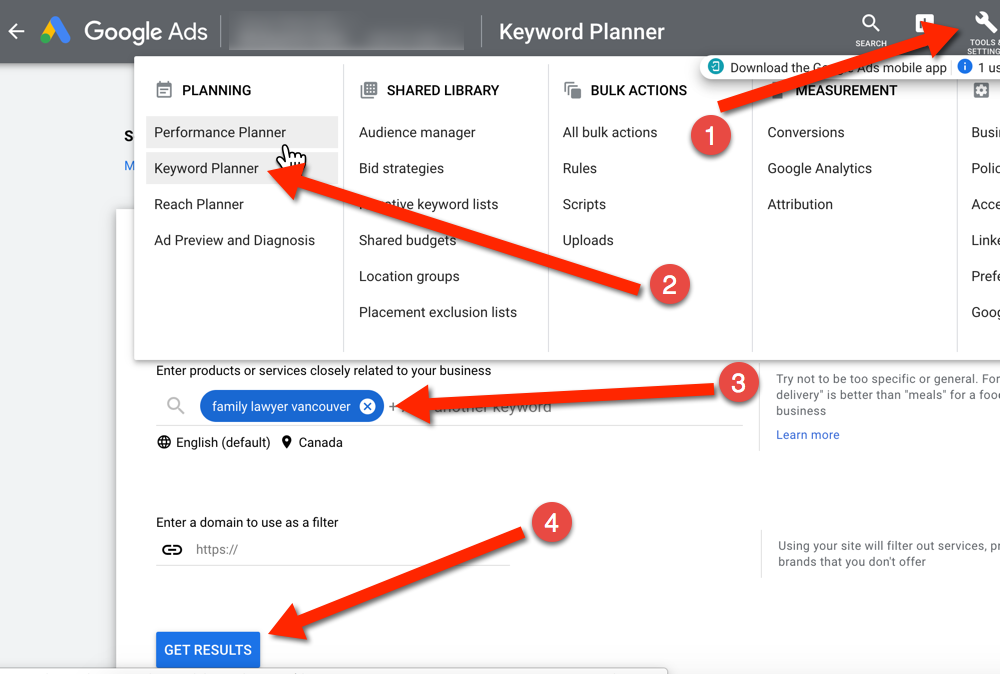
Such a feature would be unheard of in film, notes sound director Rob Bridgett, who describes, “One cannot imagine, for example, removing Howard Shore’s score from such a fully integrated work as The Lord of the Rings movies and replacing it with user defined content” (2010, 23). While customization might be a desired trait for the consumer, the designers of the game (along with the composer/s) must relinquish control over the musical soundtrack to the game. For game composers, however, this particular trend means a step backwards in terms of the idea of the music as a part of the gesamtkunstwerk of the game. For instance, for Microsoft, the ability of a player to input their own music has meant that players can no longer complain about game music’s repetitive nature, but could instead listen to music of their choice. And, if your customers are willing to create nearly all of your content, where is the motivation to release a finished product, or to treat a game as a gesamtkunstwerk, a ‘total work of art,’ where the end result is more than the sum of its parts?Īt stake for the developers is the issue of control over their intellectual property. It has been suggested, for instance, that up to 90 percent of The Sims (Maxis, 2000) content was produced by the players (in Sihvonen 2009, p.

MAD WORLD GARY JULES KEYWORDS FREE
But modding, like other customization and personalization activities, exists in a grey area between fans and the corporate world, which has led to some criticism of the game industry as taking advantage of the free labour of fans to extend shelf life, create brand loyalty, and reduce R&D and training costs (Sotamaa 2007). Modification communities or “modders” have become a significant marketing factor for computer game developers, especially in first person shooter, role-playing, and real time strategy games (such as Call of Duty 4: Modern Warfare, and Dragon Age ). This can range from simple changes in graphics or characters, to more advanced level mapping, to entirely new versions of a game based on the original game’s engine. Modding describes a number of activities that can overlap, depending on the abilities and desires of the person (or persons) modding the game. The customization and personalization of games through the advent of computer game modifications or “mods” has been one aspect of this drive towards user-customizable game components. Today we often refer to ’co-creative media’ to describe these producer-consumer relations, in which neither the game developers nor the game players are the sole creators and mediators of a game, but that players, through customization and personalization, bring their own content, meanings and ideas into the game (see, e.g. 4), the consumer/producer dichotomy blurs with new technologies, as consumers - through appropriation, customization and personalization - change the end product to suit their own needs and desires.

As Marshall McLuhan and Barrington Nevitt had predicted as early as 1972 (p. Participation is one of the hallmarks of new media, and video games are no exception. On the Internet, the notion of Web 2.0 and user-driven content has grown in a single decade to the point where it is now taken for granted. Keywords: music, customization, players, choice, interaction, empirical study, multimodalityĭigital technology allows for wide-scale personalization and customization of our media content, from interactive music formats like MXP4 that allow us to choose what instruments we want to hear in a song, to personal video recorders (PVRs) that let us select which programs we want to watch and when. Results showed that players were unable to predict what music would improve their immersion, but were able to choose appropriate music to influence game playing tactics and anxiety levels. Players specifically chose music for the purpose of relieving anxiety, improving tactics and to experience immersion.

We examined the influence that a player’s choice of music has on the player’s experience in one particular game, Fallout 3: Operation Anchorage. Many games and consoles today allow for a player to substitute a personal music playlist into the video game. Subjective Measures of the Influence of Music Customization on the Video Game Play Experience: A Pilot Study by Alexander Wharton, Karen Collins Abstract


 0 kommentar(er)
0 kommentar(er)
